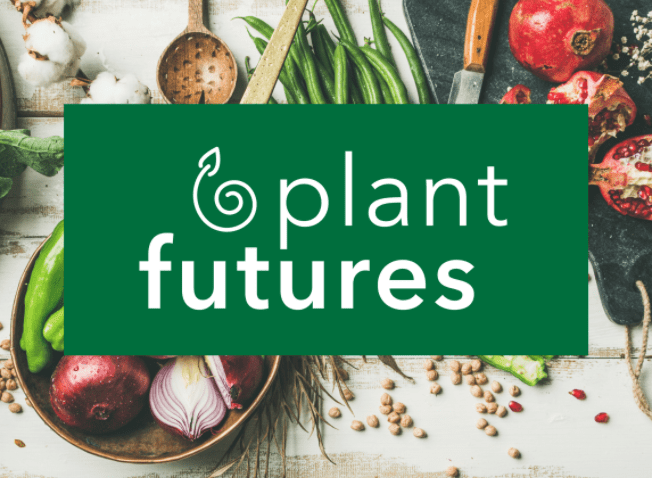3 Trends in Sustainable Food Startups
By Kate Alper, CRB Program Manager

Two food-related news stories generated enormous buzz last week. Alice Waters, famed food activist and entrepreneur, was honored with a White House National Humanities Medal for her work “celebrating the bond between the ethical and the edible.” Noma, recognized as the best restaurant in the world by Restaurant magazine, and co-founded by Claus Meyer in Copenhagen, announced that it would be closing its doors in 2016 to reopen as an urban sustainable farm in order to make environmental decisions that “last for 912 years.” These stories converge this fall at the Haas School of Business on October 29th, when the Center for Responsible Business welcomes food celebrities Alice Waters, Claus Meyer, and William Rosenzweig for an exciting Peterson Series event on sustainable food entrepreneurship.
In anticipation, we’re taking a look at three ways these leaders have influenced food entrepreneurship today, laying the foundations for the sustainable food movement, shaping much of our current food culture and inspiring a growing crop of environmentally responsible food startups in San Francisco and New York.
Turning greens into something more
In the 1970s, when Alice Waters popularized arugula and made it available in Safeway, American food culture was a long way from its current enthusiasm for green vegetables. As recently as 1990, President George H.W. Bush famously declared, “I’m President of the United States, and I’m not going to eat any more broccoli!”
Waters’s groundwork pioneered the idea of plant food as healthy food. Today, tech companies are taking this to the next level to produce sustainable versions of meat and dairy products from plants. Impossible Foods in Silicon Valley seeks to recreate the specific proteins from meat using healthier plant materials. Modern Meadow, a New York company, has a similar mission to produce sustainable materials made of plants, and suitable for vegetarians, including food products and leather. Without Alice’s restaurant, plant-based foods may have never become the pillar of health that they represent today in the United States.
Bringing tea culture to the United States
In the early 1990s, founding CEO of the Republic of Tea, William Rosezweig, helped bring organic and sustainable varieties of tea to American consumers, from red tea to white tea to tea seed oil. Last year MatachaBar, the first café dedicated to matcha tea, opened in Brooklyn, offering a “mellower, more lasting effect” than coffee. Panatea, another New York based startup, has a similar mission, offering a non-acidic alternative to coffee while maintaining a strong relationship with its suppliers and creating a transparent supply chain.
Teabot, in Silicon Valley, combines robotics with the art of tea, mixing loose leaf teas together for a personal blend that brews in under thirty seconds. New approaches to tea and tea culture exist because of the pioneering work of food entrepreneurs introducing sustainable health foods and beverages to mainstream America.
Featuring foods from developing countries
In 2013, when Claus Meyer opened the restaurant Gustu in El Alto, Bolivia, he not only benefited the local economy, he brought Bolivian food and biodiversity to the forefront of the world’s cuisine. Meyer also fathered The New Nordic Cuisine movement to promote local, sustainable agriculture in Scandinavia, and his thinking has influenced agricultural practices in areas of the globe that need the most support. Food startups today continue to be influenced by this trend, promoting new cuisines the developed world may not be aware of. Kuli Kuli, founded in 2011, sells energy bars made with moringa oleifera, a superfood that can help fight hunger, and is sourced from female-owned co-ops in Ghana and Niger.
Learn about the latest in food trends and be inspired by the experts. Attend our Peterson Series event on October 29th to hear from the creators of sustainable food businesses.


